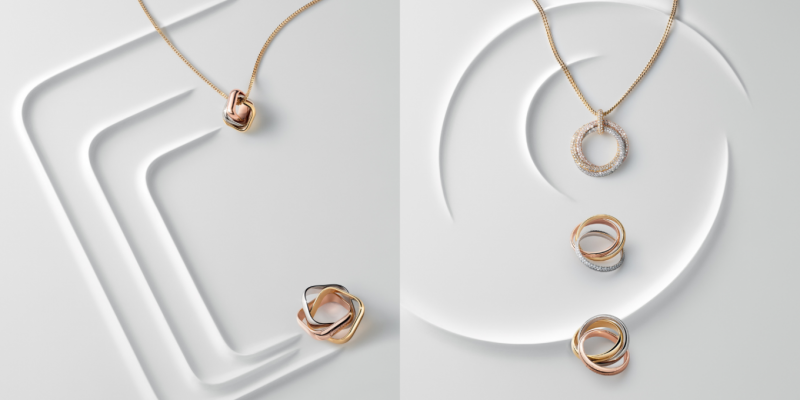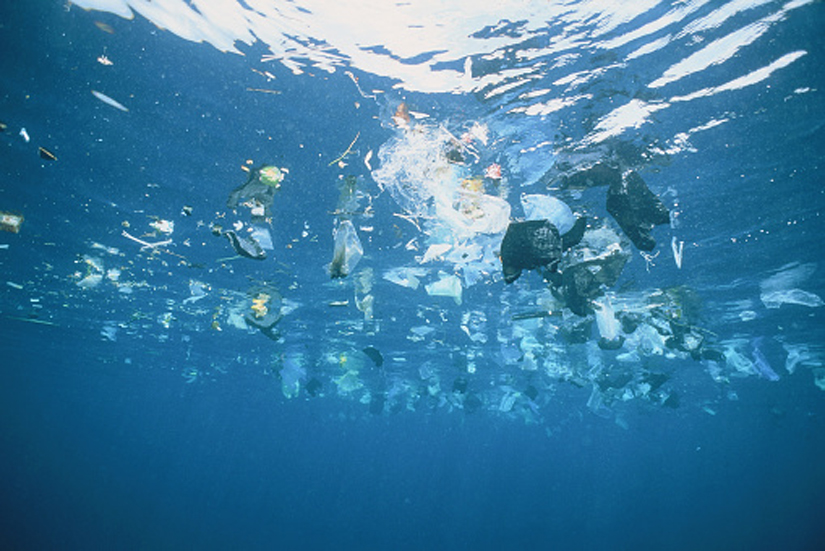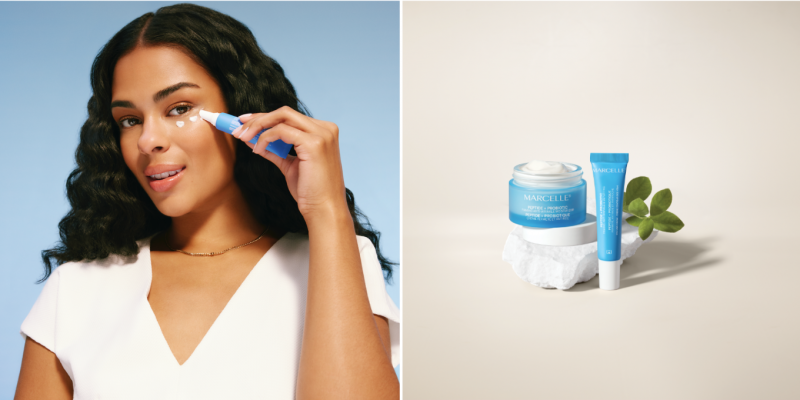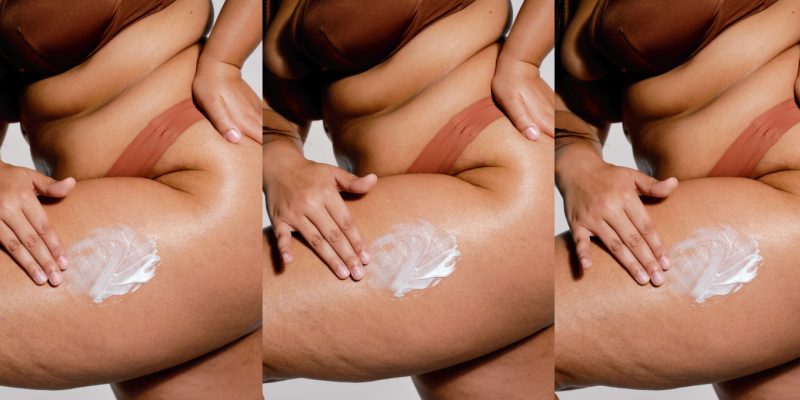At a global media forum in London, England this week, Dove announced its commitment to ending the use of virgin plastics in all product packaging in North American and Europe, where technically feasible, by the end of 2019. Bottles will instead be made of 100% recycled plastic.
It’s no secret that plastic waste is one of the biggest global environmental challenges of our time. According to one research article published in a 2017 issue Science Advances, most of the 8.3 billion tonnes of plastic humans have created has been discarded—and is now sitting in landfills and polluting the natural environment.
“In the beauty world, we need to think seriously about whether we are over-packaging; how much do we really need to make something look gorgeous?” says Gavin Warner, director of sustainable business at Unilever, which owns Dove, as well as beauty brands like TRESemmé, Simple, St. Ives, Pond’s and Vaseline, among others.
In January 2017, Unilever announced all plastic packaging across all of its brands would be made fully reusable, recyclable or compostable by 2025. With Dove’s new commitment, the personal care brand leaps significantly ahead of Unilever’s global ambitions.
View this post on InstagramA post shared by Unilever Global Channel (@unilever) on
It’s a move that’s not without risk, says Warner. “The material available to buy to make these products is not perfect,” he explains. Dove bottles made from recycled plastic will have “imperfections” in them. On a prototype of a recycled plastic Dove Baby Shampoo bottle displayed at the event, dots and streaks of grey were only somewhat evident—still, it’s a departure from the pristine all-white containers Dove is known for. But so what, asks Warner. “I’d rather have a recycled plastic bottle than one that contributed to perpetuating the use of fossil fuel and raw materials.”
It’s not a one-size-fits-all solution. For some products, like the colour-vignetted bottles in the brand’s haircare range, no current technical solution exists to recreate the packaging with recycled plastic.
Another (misleadingly simple sounding) solution to the plastic problem: stop making things out of it. It’s an avenue Dove is currently exploring. Together with Terracycle-owned Loop—a waste-free, direct-to-consumer shopping system—they are working to create a Dove deodorant stick packaged in reusable and refillable stainless steel, though no launch date has been set.
“Every player in the space needs to accept their responsibility,” says Warner, of how plastic pollution must be combated at the individual, company and government levels. “The start is to say: ‘I accept my part.’ And fix the area you can control.” For example, he says, brands like Unilever can control the design and material of packaging, government workers can implement systems that make it easy for people to know how to recycle, and individuals can be more conscious of what they buy and how they dispose of it.
“That’s where the secret lies, in everybody accepting their part,” says Warner. “And then finding a way to change the system.”
Newsletter
Join our mailing list for the latest and biggest in fashion trends, beauty, culture and celebrity.
Read Next

Fashion
Cartier Celebrates 100 Years of the Trinity Ring
What better way to celebrate an anniversary than with a new collection?
by : Allie Turner- Apr 19th, 2024

Culture
How to Spend 48 Hours in Mexico City
Where to discover the hidden gems—markets, mezcal, modern art—of the Central American capital.
by : Jennifer Nguyen- Apr 18th, 2024

Beauty
Tested and Approved: Your New Hydrating Skincare BFF
This new product has all of your skin’s thirst-quenching needs covered.
by : ELLE Canada- Apr 17th, 2024




